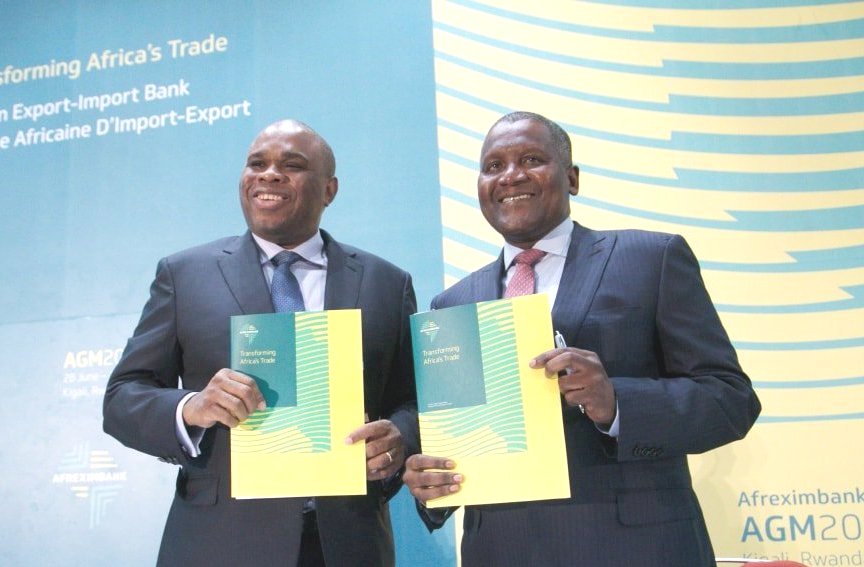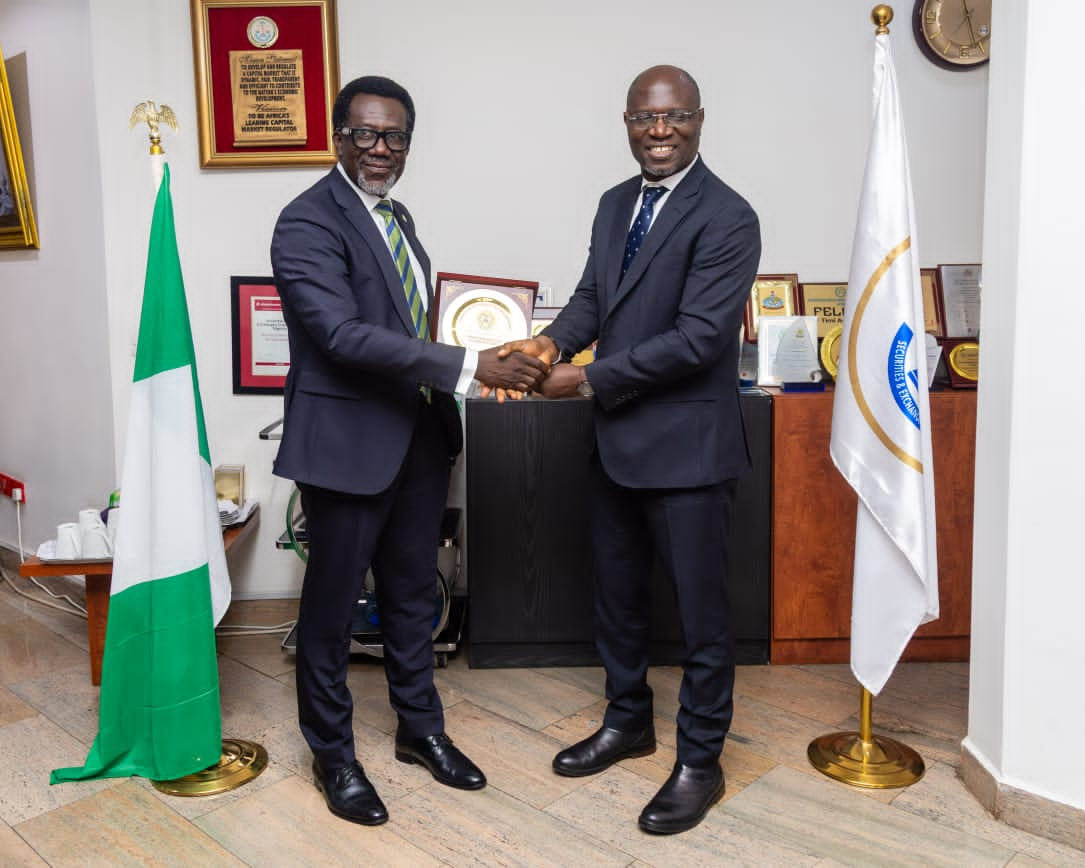By Steve Agbota
styvenchy@yahoo.com
Former Executive Secretary, Nigerian Shippers’ Council (NSC), Hassan Bello, has explained reasons why Nigeria is slapped with war-risk insurance for a long time, despite a significant drop in piracy incidents.
googletag.cmd.push(function() { googletag.display(‘div-gpt-ad-1718806029429-0’); });
According to him, one of the problems is that surcharges are imposed on the country without allowing room for negotiation, calling on stakeholders to immediately create a common front to interface with offshore firms to halt what seems like an accommodated predation.
He also said Nigeria was due for a second wave of port reforms to bolster efficiency, drive global competitiveness and ultimately take the economy to the next level.
He lauded the 2006 port reform as a major milestone for Nigeria’s maritime sector, cautioning that any break in a reform process risks derailing momentum and stunting growth.
Now serving on the Governing Board of the Nigerian Ports Consultative Council (NPCC), Bello stressed the imperative for port activities to drive measurable gains in the nation’s Gross Domestic Product (GDP).
In this interview, he explored a host of pressing issues confronting the maritime industry.
He equally drew attention to the lack of accountability that, in his view, continues to hinder the efficiency of port operations and the wider transportation system.
Excerpts:
How Can the NPCC boost Nigeria’s maritime and seaport operations
The NPCC has got its work cut out for it. The most important thing is to be a pressure group, exerting pressure on service providers and users so that we achieve what we have always wanted to do, which is efficiency. A port is only as good as the cargo it can attract.
Now, there must be a relationship with the economy. What is the contribution of the maritime industry to the economy? What is the Gross Domestic Product (GDP) growth? After the last data issued by the National Bureau of Statistics (NBS), there has been a debate as to whether it is really reflective of the entire industry. This is because the NBS data is mostly a cash flow from the transport sector, which is not the best.
Transportation drives the economy. When an economy is sluggish, inefficient, or dull, that means the economy will reflect the same thing. So, what Nigeria needs at the moment is the second wave of port reforms. Recall that there was a port reform in the 1980s and 90s, but there has been a pause.
How about the seaport concession exercise that occurred in 2006?
Yes, it is a reform, of course. It was excellent to have done that. However, we have witnessed a pause. When there is a pause in a reform process, it stalls development. Once you’re on a reform route, you have to go with it in a methodical approach with measurable goals and frequent appraisals.
We should look at the transport infrastructure because it is very important for the nation to be efficient. If there is good infrastructure, the port will be efficient. That’s hard infrastructure.
Meanwhile, there is also a need for soft infrastructure planning. The digital thing we are talking about, as well as policies, is the infrastructure that is crucial to having more efficiency. The question is, what are the components of this port administration? What are they trying to do?
Have you ever seen how a port system is graded in Nigeria? I don’t think you have seen it because there is no assessment. We should be able to appraise and say Port A is the best port in this region because it meets certain variables. Port B is the second, based on so many other criteria. We have to start rating the ports, and this improves competition. Without competition, everybody will behave the same way, and there is a high tendency for a monopoly.
There should be an agency, probably the Nigerian Shippers’ Council, that will rate these ports. Perhaps, this can be done together with strategic bodies like the NPCC. This will give every operator the impetus to strive to improve their services.
Does the absence of ratings and periodic assessments contribute to the corruption and inefficiencies at Nigerian seaports?
Of course, it is one of the factors. What we have at the moment is endemic corruption, but technology is that light that will shine on the corrupt, and everything will disappear. Like the cockroaches and rats running freely in a dark room, corruption will flee as soon as you shine the light. The light is digitalisation and technological innovations.
Looking at the professionals and regulatory agencies in the maritime sector, how would you rate their practice?
In Nigeria, we have a transport industry driven largely by the informal sector. This means you can do anything and get away with it. Non-state actors can block a street. Haulage operators can use rickety trucks because we are not strict with standards. So, it doesn’t matter for a cargo truck to travel from Lagos to Kano and spend 17 days. Nobody cares. In other countries, such practice is not the norm, and someone would have to pay a fine or suffer punishments for such delays.
On the bright side, the Nigerian Ports Authority (NPA), for example, is working towards making export processing simplified and standardised. Please keep on with this.
The Nigerian Maritime Administration and Safety Agency (NIMASA) is now focused on disbursing the Cabotage Vessel Finance Fund (CVFF) to enable Nigerians to acquire vessels. The primary reason NIMASA was created is to develop shipping, nothing more pretentious. They also have the responsibility of training cadets.
On the inland waterways, the National Inland Waterways Authority (NIWA) is the golden egg in the nation’s maritime industry. The Mississippi River generates over $151 billion annually for the United States of America and provides over 585,000 jobs; how about the Onitsha River? The Mississippi is the major transportation route, with barges moving over 589 million tonnes of cargo. In Nigeria, it is one thing to have barges, but a totally different matter to optimise their operations.
The primary reason Cabotage failed was that the law was concentrated on the coast, even though the law applies to both coastal and inland shipping. Operators and regulators were not smart because they only looked at the coastal services in the petroleum sector for easy money through supply vessels. The bigger potential of inland waterways transport was neglected.
Decades ago, in Nigeria, there was trading from Kebbi State, Yawuri to Onitsha and other major waterways transport and trade routes. But today, they are no more.
During your tenure as Executive Secretary of NSC, the Council hosted the Global Shippers’ Forum (GSF) on the issue of war-risk insurance (WRI) and other unfair shipping charges. Some charges were removed, but the WRI has not been removed despite the drastic decline in piracy. What solution would you recommend for Nigeria?
Yes, we did engage global shippers in Abuja, and unfortunately, the issues are still prevalent today. NSC was able to host that summit because it explored partnerships. I recall that Dangote, BUA, and several other major Nigerian shippers were at that summit.
The best strategy is to bring stakeholders together. To achieve anything as a regulator, if you are able to bring stakeholders together on an issue, you can go and sleep over that matter. They will do everything for you.
Foreign ships wouldn’t like to offend top shippers because they don’t want to lose their cargoes. It is when you bring these top shippers together that the foreign shipping lines will get disturbed. I will advise that we revisit that approach and try to host global shippers again.
One of the problems is that surcharges are imposed on our country without allowing negotiation. We should start by carrying out an investigation to know all these surcharges. The focus of the summit in 2020, anchored by the Shippers’ Council, was congestion charges, as the shipping lines were going to increase them by over 400%. We said no, and they backed down because we had gotten all major stakeholders on board.
We told GSF what was happening and stressed that it was against international trade to introduce charges that the consumers knew nothing about.
What we should be doing is to come together to stand against these charges; but firstly, we must make our ports efficient, transparent, and digital. Make the ports non-contact.
Why should somebody get to the port to clear a container at this stage? You don’t have to do that. That’s what we addressed during my time at the Shippers’ Council. We started appraising the port terminals, and at the early stages, the best operator was at 40% compliance with automation.
However, one of the seaport terminals has improved to about 90% automated processes. At that time, if you walked into the terminal, you would not see anybody there because of the level of automation.
The post Why Nigeria is slapped with war-risk insurance despite piracy decline – Bello, ex-NSC boss appeared first on The Sun Nigeria.





